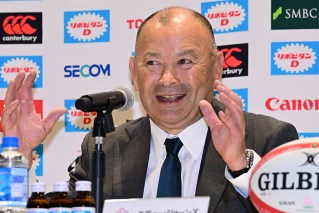ARU introduce supplement policy
The ARU have announced the introduction of a new centrally-documented system to manage supplement use amongst its players ahead of the start of the Super Rugby season.
The policy has been formed in association with the rugby union players’ association to ensure the game safeguards itself against drugs in sport issues that have plagued rival codes the AFL and NRL over the past 12 months.
An ARU supplement advisory group will be established to ensure that all national teams, including the Wallabies and Super Rugby teams, appoint fully qualified and accredited dietitians responsible for overseeing the provision of supplements.
Players will be forbidden from sourcing supplements outside of the approved program, unless they have first gained the consent of the club dietitian, the ARU and in some cases the club doctor.
Super Rugby clubs and the Wallabies have been aware that the strict new measures were to be introduced.
The ARU says every dietitian employed by these teams already meets the requirements of needing to be accredited by the Dietitians Association of Australia and Sports Dietitians Australia.
Rugby’s new policy is similar to that of other major sports in Australia.
Chief executive Bill Pulver says it was important rugby was diligent in maintaining best practice in such a sensitive area.
“Safeguarding our code remains of the utmost importance and the new policy will not only protect rugby but all players and staff involved in a high-performance environment,” Pulver said.
RUPA boss, Greg Harris, said: “RUPA has supported the introduction of this policy in the best interests of protecting the health and welfare of all professional players.”
The advisory group will feature an independent representative and RUPA representative to oversee and regulate supplement programs within the ARU and Super Rugby clubs.
Any supplement provided to a player must have been pre-approved by the group.
On an annual basis, clubs and the ARU must submit for approval a supplement provision plan and a system will document usage by clubs and players.
Player education is also an aim of the new policy.








